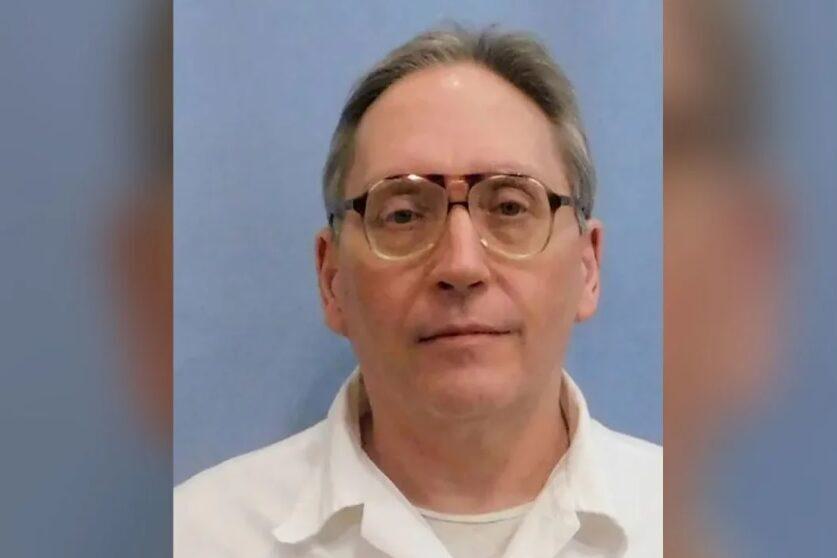A man convicted of killing a 75-year-old woman with a claw hammer in 2001 was put to death early Friday morning at Holman Prison.
James Edward Barber was the first inmate to die of lethal injection since Gov. Kay Ivey ordered an internal review of the lethal injection process.
“Tonight, the justice that James Barber managed to avoid for more than two decades has finally been served,” Ivey said in a statement. “In 2001, 75-year-old Dorothy Epps desperately fought for her life as Mr. Barber brutally and gruesomely beat her to death in her own home. The facts are clear: Mr. Barber confessed to his guilt, and the jury has spoken. His litany of appeals to delay justice finally came to an end, and Mr. Barber has answered for his horrendous crime. In Alabama, we will always work to enforce the law and uphold justice.”
New rules for executions were established prior to the execution, including the changing of the timeframe given on death warrants. Instead of the death warrant for Barber expiring at midnight, it was set to expire at 6 a.m. Friday to give the state more time to carry out the sentence. Previously, executions have been called off because the state ran out of time. That would have likely been the case in Barber's execution.
Attorney General Steve Marshall cleared the execution at 1:34 a.m. after gaining the go-ahead from the Supreme Court.
“Justice has been served. This morning, James Barber was put to death for the terrible crime he committed over two decades ago: the especially heinous, atrocious, and cruel murder of Dorothy Epps,” said Marshall.
He continued, “I ask the people of Alabama to join me in praying for the victim’s family and friends, that they might now be able to find some sense of peace and closure.”
Another change made since the process review is the addition of more medical professionals and new equipment following issues with officials being unable to insert an IV into inmates.
Attorneys for Barber tried to get his execution blocked due to previous problems, but the 11th U.S. Circuit Court of Appeals denied that request due to the completed process review. The attorneys then took that plea to the U.S. Supreme Court (SCOTUS) but SCOTUS also denied the request for a stay of execution.
Justice Sonia Sotomayor dissented, saying Alabama was experimenting with human life.
“The Eighth Amendment demands more than the State’s word that this time will be different. The Court should not allow Alabama to test the efficacy of its internal review by using Barber as its ‘guinea pig,’” Sotomayor wrote.
In the moments before her death, Epps was at her home in Harvest when Barber, who knew her through her daughter and had done handy work for her, came to visit. He punched her in the face, then attacked her with a claw hammer. An autopsy showed although Epps weighed only 100 pounds, she fought for her life.
Along with defensive wounds, the medical examiner discovered 19 lacerations in her head and seven fractures in her skull. She also had bruises, cuts and fractures all over her body, including rib fractures and claw hammer injuries to her abdominal and lower chest.
After he killed Epps, Barber fled the scene with her purse.
Barber was on death row for 22 years. The 64-year-old was pronounced dead at 1:56 a.m. He told the Epps family he loved them and that he was sorry for what happened.
“No words would fit how I feel,” he said.
He also said he forgave the governor and the people in the execution chamber for what they were about to do.
Witnesses of the death said after the drugs were put into his system, Barber went to sleep, his chest pulsated and his breathing slowed before eventually stopping.
His remains will be released to the Escambia County Coroner and taken to the Mobile Lab of the Department of Forensic Sciences for a postmortem examination.
To connect with the author of this story or to comment, email erica.thomas@1819news.com.
Don’t miss out! Subscribe to our newsletter and get our top stories every weekday morning.










